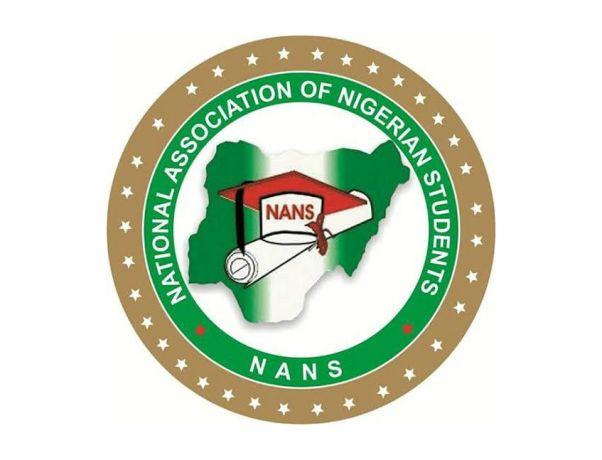Nigeria and six other members of the Economic Community of West African States (ECOWAS) on Thursday demanded a crucial extraordinary meeting to discuss the controversial renaming of the CFA Franc as ECO by eight of their counterparts.
The demand was contained in a communique issued at the end of a meeting by the countries, namely Nigeria, The Gambia, Ghana, Guinea, Liberia and Sierra Leone.
On December 21, 2019, the eight French-speaking West African countries announced their decision to dump the French CFA Franc for the ECO single currency scheduled to take off this year.
ECO is the name adopted for the common currency of the ECOWAS by the Authority of the Community’s Heads of State and Government at their 55th Ordinary Session in Abuja.
The announcement was made by the Ivorien President, Alassane Ouattara, on behalf of the eight countries, namely Benin Republic, Burkina Faso, Guinea-Bissau, Mali, Niger, Senegal, Côte d’Ivoire and Togo Republic.
The adoption of the common currency, expected to be issued in June 2020, is part of efforts by ECOWAS to realise its over 30 years’ aspiration to establish a single currency among its members and ensure regional economic integration in the region.
Ghana had applauded the decision of its Francophone counterparts to break from the shackles of the French colonialism to team up with their ECOWAS colleagues.
Many analysts described the French President, Emmanuel Macron’s role in the eight former colonial territories as an attempt to hijack the ECO single currency project.
But, at the end of the extra-ordinary meeting, the Ministers of Finance and the Governors of the Central Banks of the West African Monetary Zone ((WAMZ) on the ECOWAS single currency programme condemned the eight countries for taking a unilateral decision over the issue.
The meeting held at the CBN headquarters in Abuja under the chairmanship of the Minister of Finance and Economy of the Republic of Guinea, Mamadi Camara. The six countries frowned at the conduct of their counterparts.
In the communique issued at the end of the meeting, the finance ministers and Central Bank governors of the six countries said they noted the declaration by the Chairman of the Authority of the Heads of State and Government of the West African Economic and Monetary Union (WAEMU) on December 21, 2019.
The representatives of the affected countries described the “unilateral renaming of the CFA Franc as ECO by 2020 as inconsistent with the decision of the Authority of the Heads of State and Government of ECOWAS for the adoption of the ECO as the name of an independent ECOWAS single currency.”
“WAMZ Convergence Council would be recommending an extraordinary summit of the Authority of the Heads of State and Government of the WAMZ member states will be convened soon to discuss this matter and other related issues,” the communique read.
The English version of the communique was read by the Nigerian Minister of Finance, Budget and Economic Planning, Zainab Ahmed, while the Minister of Economy and Finance of the Republic of Guinea, Mamadi Camara, read the French version.
Other representatives present at the meeting include the Minister of finance and Economic Affairs of the Republic of Gambia, Mambury Njie; Minister of Finance of Ghana, Ofori Atta; Minister of Finance and Development Planning of Republic of Liberai, Samuel Tweah and Minister of Finance of Sierra Leone, Jacob Saffa.
Also, present were Senior Adviser, Central Bank of Gambia, Buah Saidy; Governor of the Bank of Ghana, Ernest Addison; Governor of the Central Bank of Nigeria, Godwin Emefiele.
Premium Times

 Boss Picks4 days ago
Boss Picks4 days ago
 Opinion6 days ago
Opinion6 days ago
 Opinion4 days ago
Opinion4 days ago
 Events5 days ago
Events5 days ago
 Adding Value6 days ago
Adding Value6 days ago
 Featured6 days ago
Featured6 days ago
 Headline3 days ago
Headline3 days ago
 News6 days ago
News6 days ago














